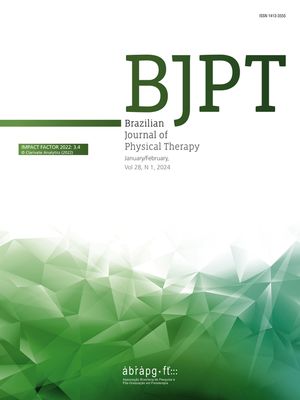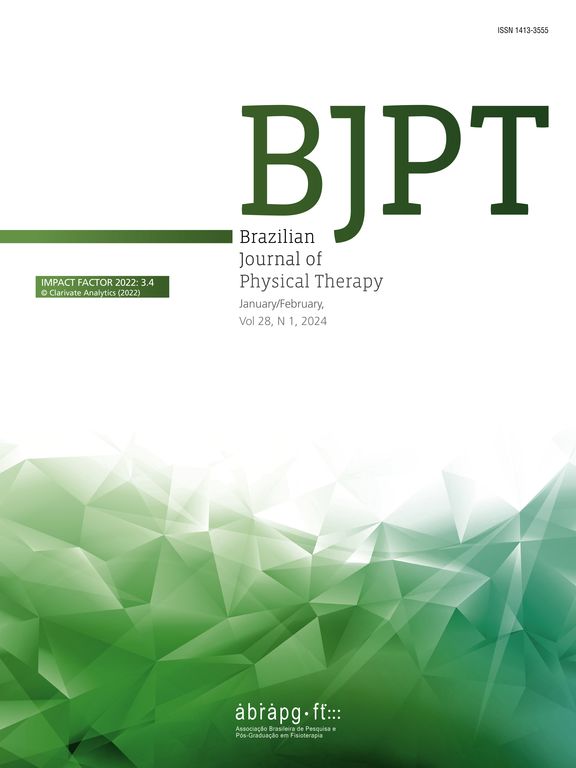
1st STUDENT SCIENTIFIC CONFERENCE OF THE BRAZILIAN ASSOCIATION FOR RESEARCH AND POSTGRADUATE IN PHYSIOTHERAPY (ABRAPG-FT)
More infoPhysical therapist practices have undergone transformations over the years in the search for the primacy of comprehensive care. In Specialized Rehabilitation Centers, this care model is recommended for the care of Persons with Disabilities.
ObjectiveTo identify and describe the care practices and actions carried out by physiotherapists in approaching Persons with Disabilities in specialized rehabilitation centers based on the comparison between prescribed work and real work.
MethodsThis is a qualitative and descriptive study, taking the case study as a guiding model, based on ethnographic analysis resources. The study was developed with the association of three data collection strategies: document analysis, direct observation with conversational approaches and interviews with physiotherapies from an Especialized Rehabilitation Center (ERC) in the state of Paraíba-PB.
ResultsThe study reveals that there are differences and nuances between the prescribed work and the real work, the physiotherapists partially present, or do not present in their routine, elements such as the practice of reassessing assisted users, elaboration and execution of the Singular Therapeutic Project (STP), and periodic meetings in team, reference and counter-reference practices, communication between the points of the Care Network for people with disabilities and intersectoral articulation, as recommended by the instruction.
ConclusionKnowledge of the practices allowed for identifying the distance between the prescribed work and the concrete conditions for carrying it out, which makes it possible to adopt strategies to improve the process and organization of work in the ERC.
ImplicationsThe research pointed out important elements for the debate about the performance of physiotherapists in the CERs, elements that can become points of permanent education in health for the physiotherapy professionals of these centers, and secondarily can result in important changes in the process and organization of work of physiotherapists at CER.
Conflict of interest: The authors declare no conflict of interest.
Acknowledgment: Thanks to FAPESQ/CNPq for the financial incentive for scientific research through PPSUS 05/2020.
Ethics committee approval: Research Ethics Committee of the Federal University of Paraíba, CAAE: 37347020.3.0000.5188).





